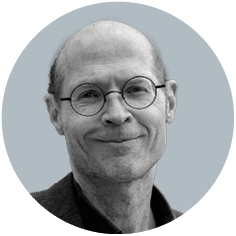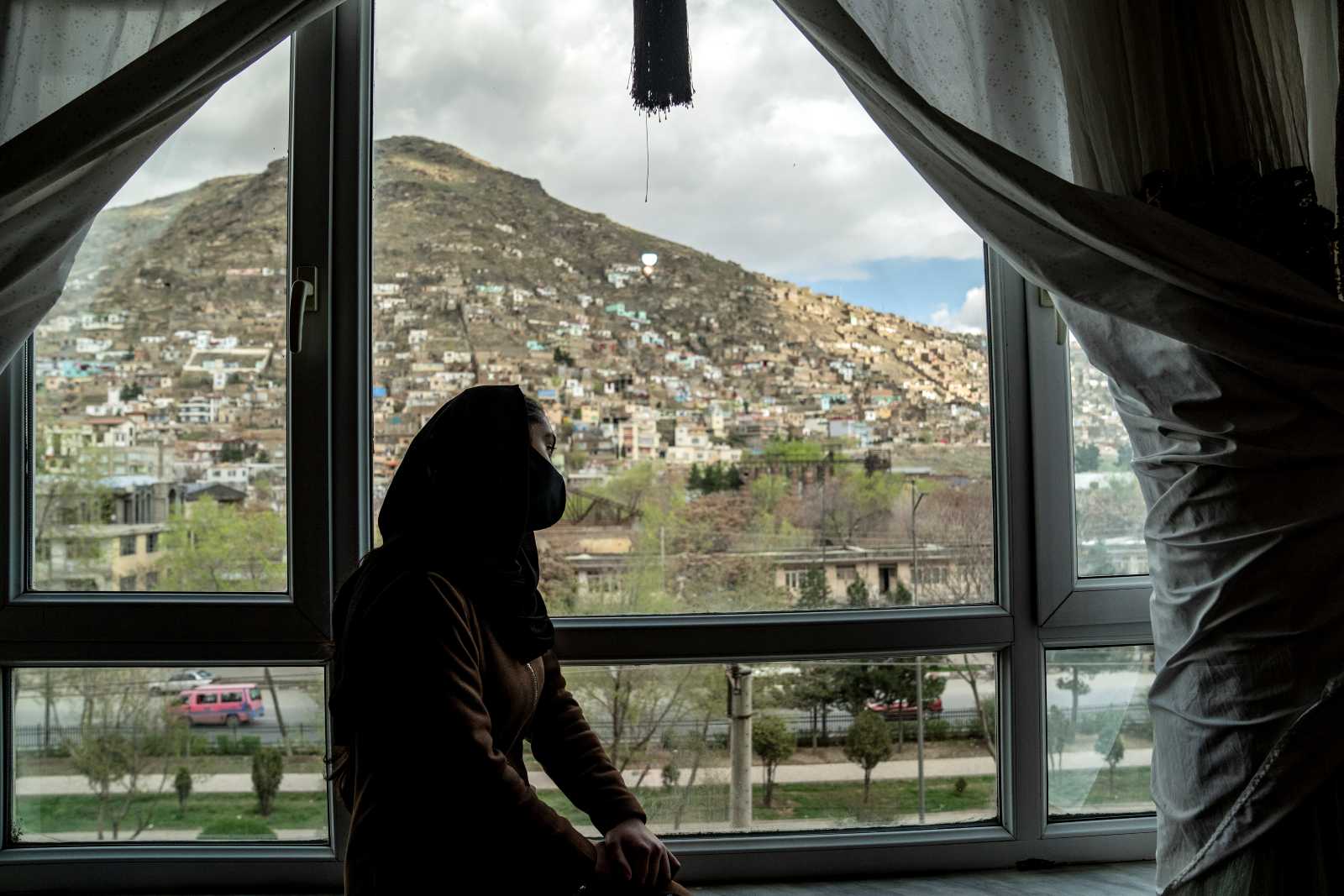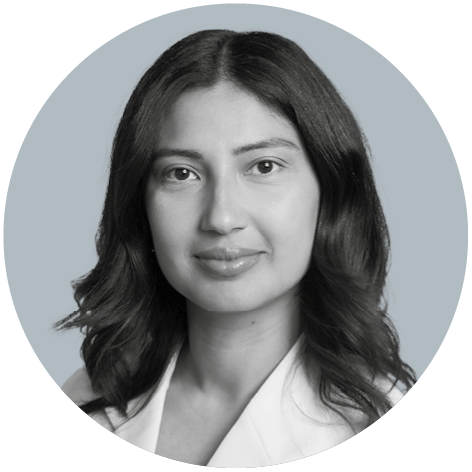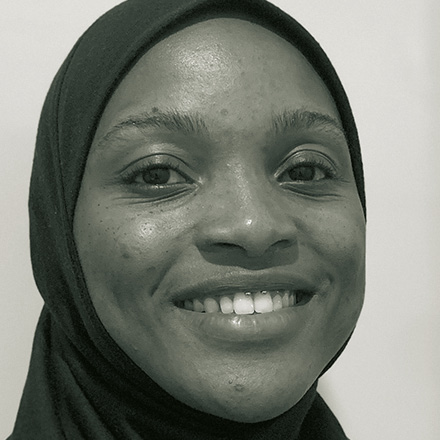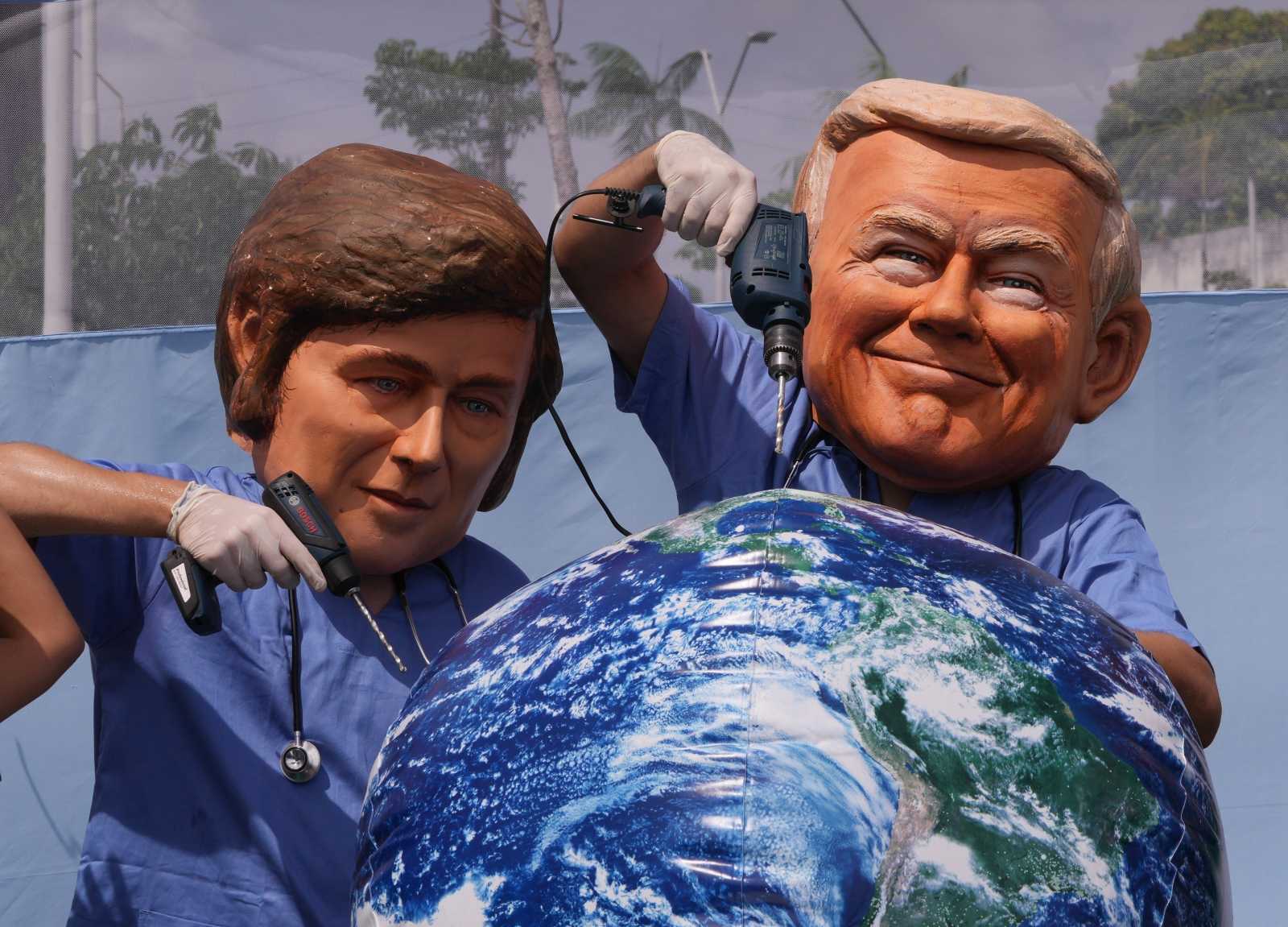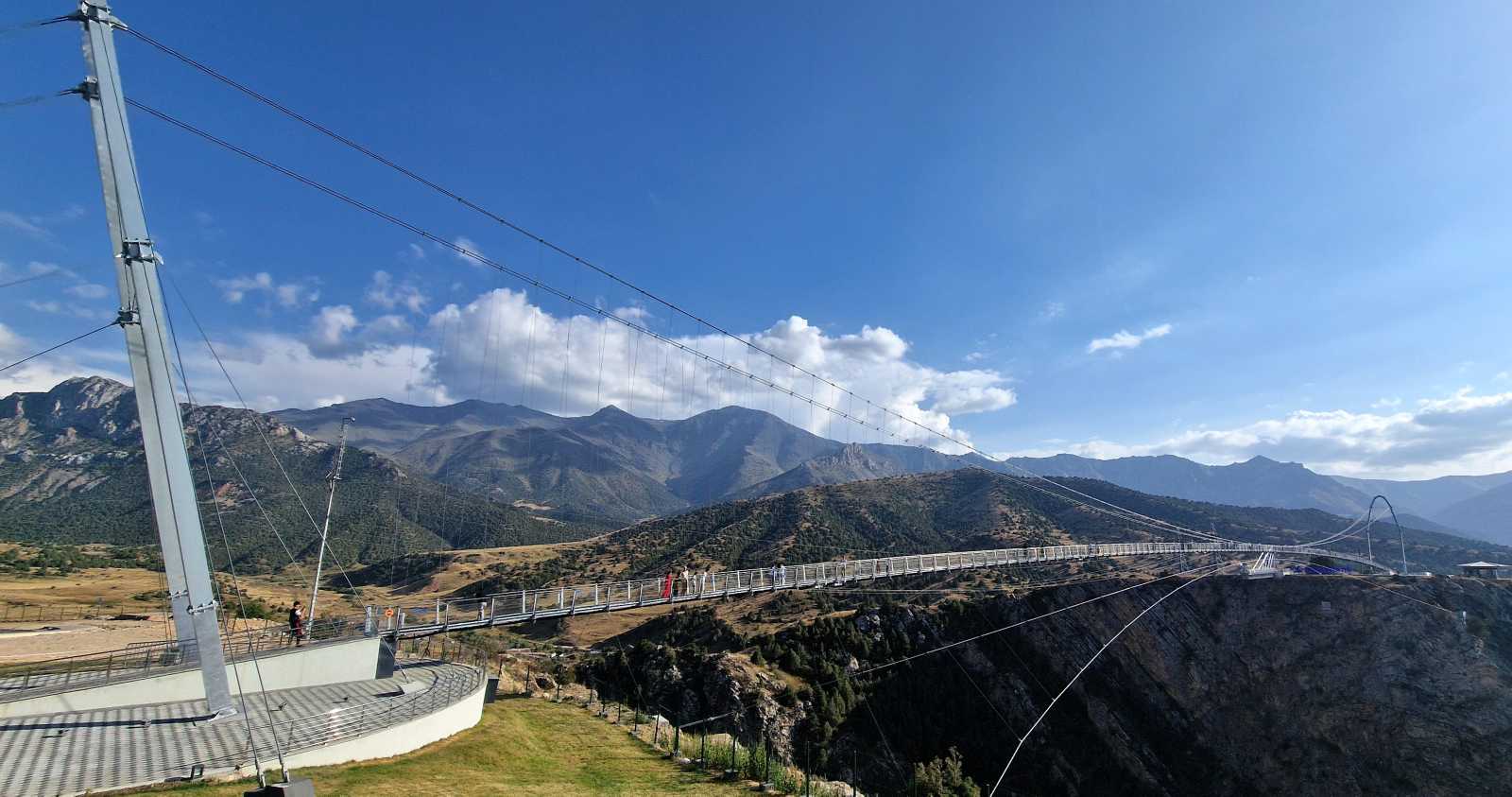Poverty reduction
Time to set a limit on extreme wealth
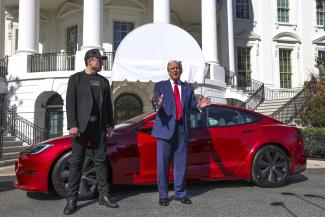
In the five years since taking up my role as the United Nation’s poverty expert, the world’s five richest men have seen their net worth rocket from an already absurd US $ 340 billion to a frankly sickening $ 1.1 trillion. This, while the wealth of almost five billion people has fallen over the same period.
The number of people living under the World Bank upper poverty line of $ 6.85 a day – 3.5 billion people, almost half the world’s population – has barely changed since 1990.
Clearly the doctrine we have all been brought up on – that economic growth is the answer to poverty, unemployment and a whole host of other social ills – has been working well for the Musks and Zuckerbergs of our world. But the rising tide has not lifted all boats: Rather it has propelled an elite few onto superyachts, leaving inequality, poverty and environmental collapse in their wake.
This economic dominance is easily converted into political influence, allowing the ultra-rich to block progressive policies that could close this vast wealth gap, and to protect their own interests – Donald Trump and Elon Musk parading a Tesla outside the White House being a textbook example for the ages. In a country in which approximately 10 million children live in poverty, Americans, like the rest of us, have been conned into thinking that making it easier for the elite to make more money is in their best interests.
We must not continue to fall for this trick. Extreme wealth creates, not solves, extreme poverty. It redirects scare resources and production away from essential social services, and towards the lavish whims of the rich. It fuels climate change, which impacts people in poverty more than any other group. And it undermines democracy.
Just as we have a poverty line – the line below which society has decided no one should fall – we need an extreme wealth line. A limit beyond which society decides no one should rise because of the risks to democracy, society, the economy and the environment. A limit beyond which accumulated wealth is evidently a result of policy failure, of cronyism, corruption or monopoly power and will buy you too much political influence or create too much environmental damage. Setting a wealth limit would be a crucial step in ensuring wealth serves society, rather than distorting it.
Research on an extreme wealth line from the New Economics Foundation and Patriotic Millionaires shows that public support for a threshold on harmful wealth is growing. Across the board, participants interviewed for the study viewed extreme wealth as a systemic failure.
Setting an extreme wealth line would be a complex undertaking – but one that would spark a much-needed debate on how much wealth is too much. As a policy tool an extreme wealth line could be used to provide a reference point for progressive taxation that shifts the tax burden away from workers (income tax) and households (VAT) to those who own the vast majority of the world’s land and financial assets; reallocating the wealth they have amassed over the years towards financing poverty-busting social services.
As an example, a modest three percent tax on the wealth of all billionaires and centi-millionaires – who would undoubtedly sit above the extreme wealth line – could generate up to $ 690 billion a year. As shown in my latest research, this is more than twice the amount needed to provide basic healthcare and other essential services to the 26 poorest countries in the world.
For too long we have been told that there is no problem the world is facing that cannot be solved by economic growth. We must remember to ask how much growth, at what cost and for whom? Otherwise, we risk a poverty-riddled future on a ravaged planet, alongside increasingly obscene rich-lists and more dangerous billionaires in government.
In my work to uncover new ways to eradicate poverty that go beyond economic growth it is becoming increasingly clear that the redistribution, not the creation, of wealth should be where we focus our energy. And an extreme wealth line would give the economic elite fewer places to hide as we do so – even those sitting in the highest echelons of power.
Links
De Schutter, O., 2025: Financing social protection floors: Contribution of the Special Rapporteur to FfD4.
https://www.srpoverty.org/2025/01/17/financing-social-protection-floors-contribution-of-the-special-rapporteur-to-ffd4/
New Economics Foundation, Patriotic Millionaires, 2025: Exploring an extreme wealth line.
https://neweconomics.org/2025/01/exploring-an-extreme-wealth-line
Olivier De Schutter is UN Special Rapporteur on extreme poverty and human rights.
hrc-sr-extremepoverty@un.org
